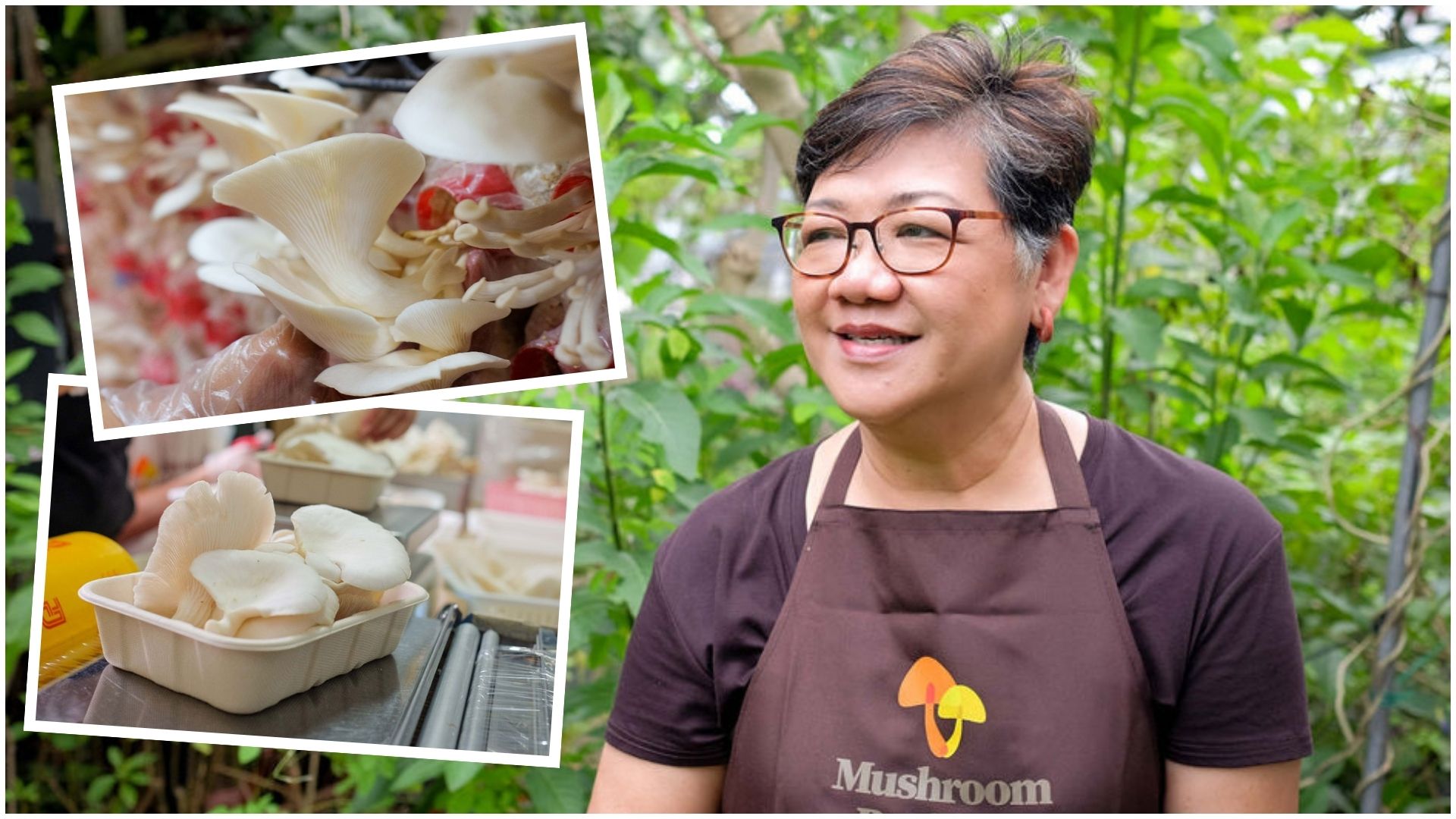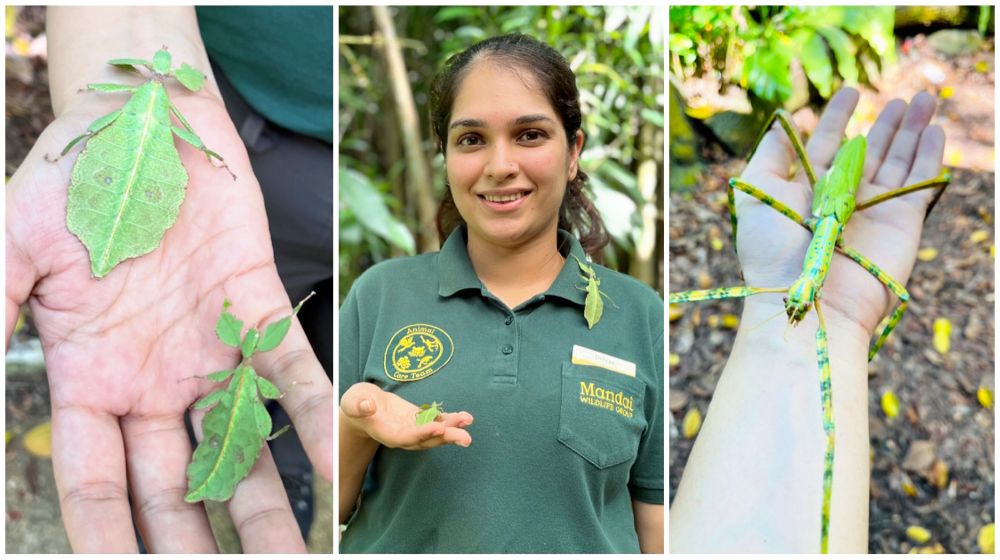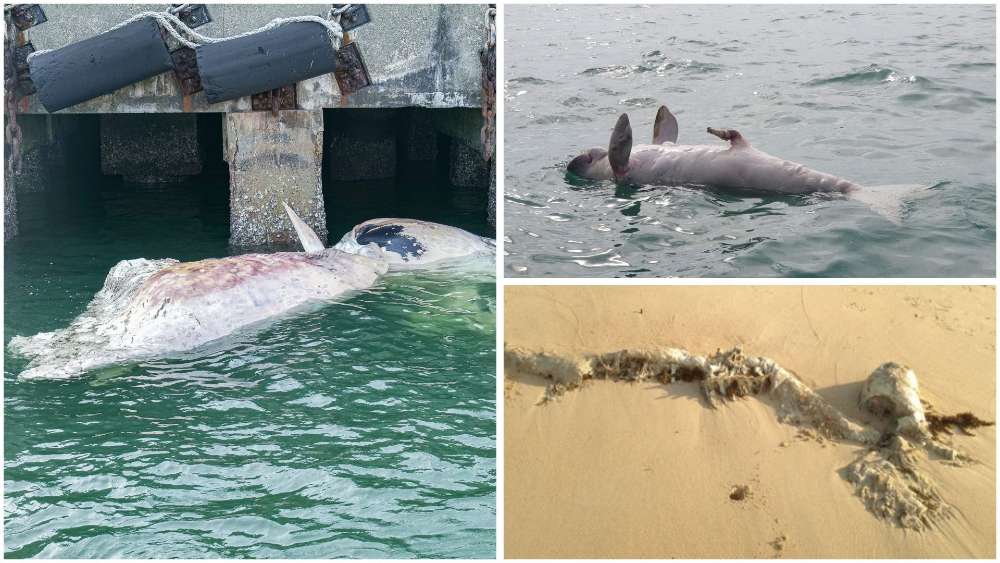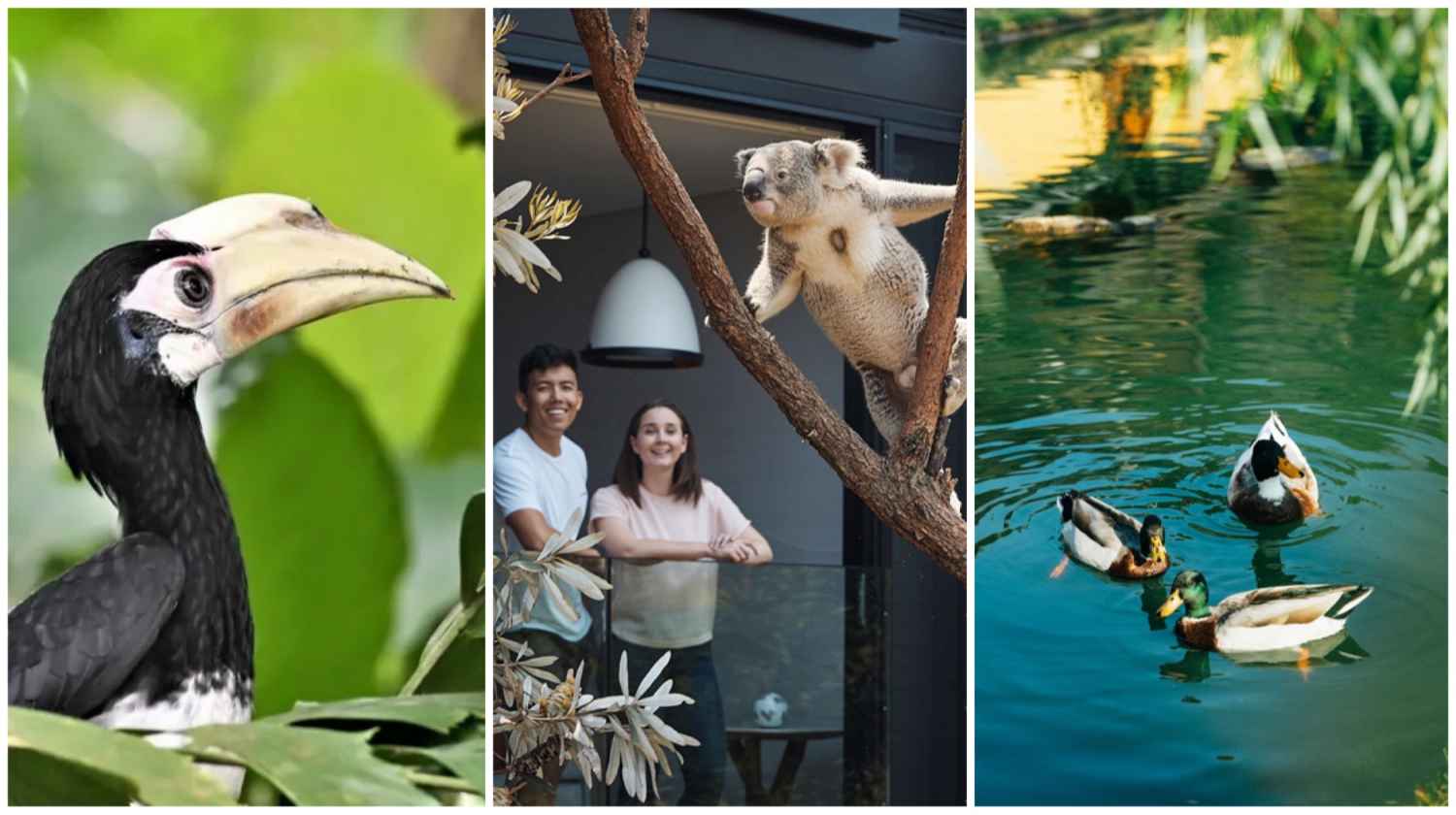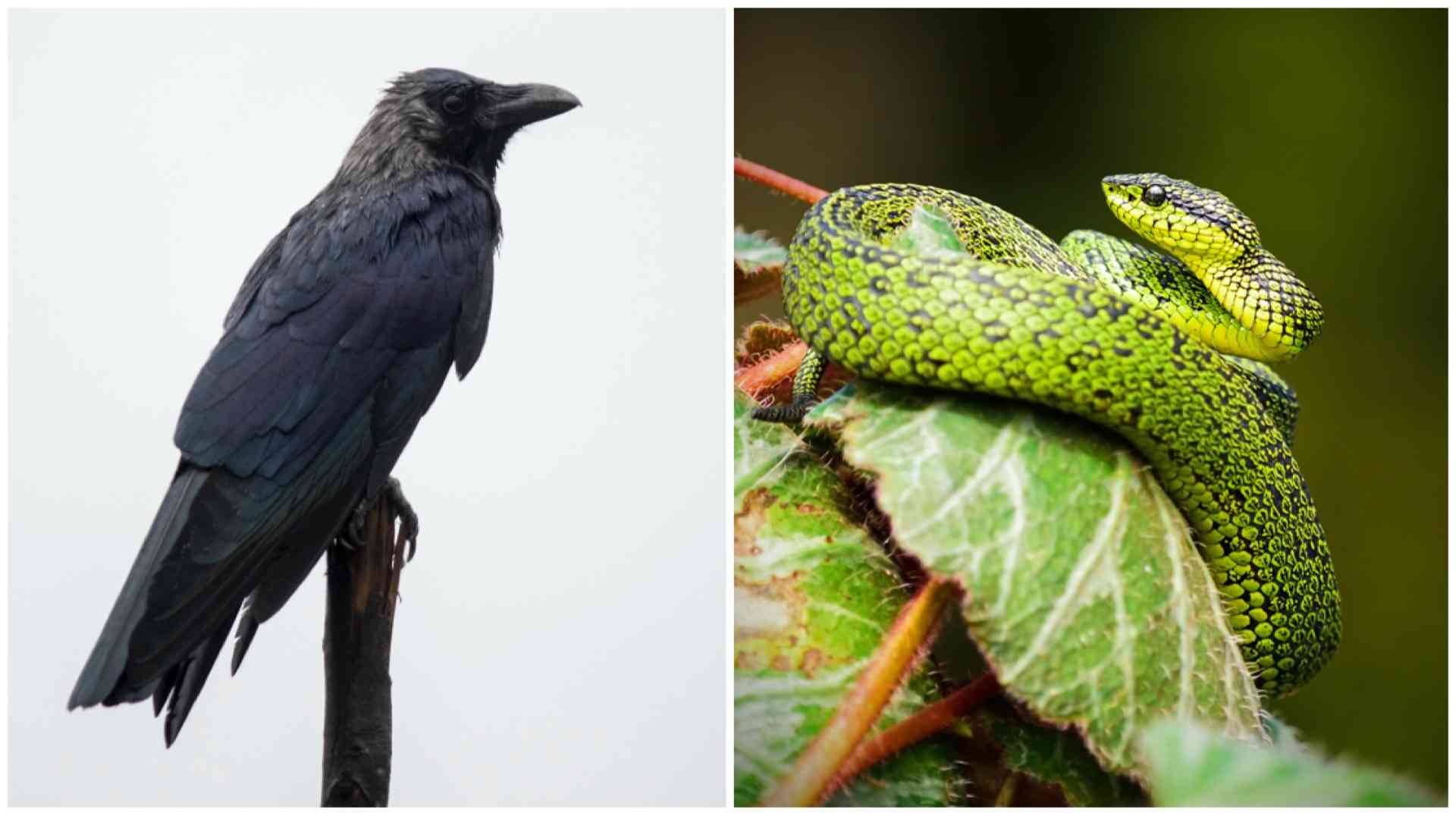Singapore Zoo's Invertebrate Marvels: Nothing Creepy About These Crawlies
What do Hollywood actor Tobey Maguire and Singapore Zoo have in common? They both celebrated their birthday on 27 Jun. While "Spider-Man" turned 48, Singapore's world-class zoological institution turned a fab 50.
The entire year has been affectionately termed Singapore Zoo’s Golden ZOObilee, and is dedicated to celebrating five decades of animal conservation and recognising the hard work and dedication of its animal care staff – which has grown from only two dozen keepers in 1973 to now over 100 animal caretakers.
Just like Junior Animal Care Officer (Elephants) Lee Tzu Ying, Assistant Curator Delvinder Kaur (aka Delvin) is also fiercely passionate about wildlife albeit of the much smaller kind. This woman obviously has no fear of what many would deem "creepy crawlies".
"It's actually my husband who's scared of bugs, so I'm the one who has to catch them at home!" she says candidly.
Beginning her journey at the zoo as a show presenter in 2013, Delvin moved to the zoology department a few years later, and got her first taste of working with invertebrates.
Essentially animals without a backbone or bony skeleton, invertebrates vary greatly in size - they can be as tiny as microscopic mites or as massive as giant squid - and make up a whopping 97% of the world's animals.
At Singapore Zoo, 92 species of invertebrates come under the care of Delvin, who oversees animals in the 20,000m3 Fragile Forest biodome. One of the zoo's most popular and fascinating walk-in attractions, Fragile Forest replicates the natural habitat of a tropical rainforest, and features a kaleidoscope of butterflies, Two-toed Sloths, Lesser Mousedeer, Nicobar Pigeons, Ring-tailed Lemurs and Malayan Flying Foxes, among a host of mammals, reptiles and birds, as well as a Discovery Outpost chock-full of insects, arthropods and spiders.
We speak to Delvin about the new Backstage Pass: Incredible Invertebrates tour, which kicks off on 6 Aug (bookings open today, 6 Jul), and how bugs play a crucial role in our ecosystem.
 The Singapore Zoological Gardens (later renamed Singapore Zoo) was officially opened on 27 Jun 1973. | IMAGE: MANDAI WILDLIFE GROUP
The Singapore Zoological Gardens (later renamed Singapore Zoo) was officially opened on 27 Jun 1973. | IMAGE: MANDAI WILDLIFE GROUP
Singapore Zoo is 50! Can you recall your very first experience here?
When I was a kid, I used to come to the zoo at least once or twice a month. I used to visit the old KidzWorld. I remember taking pictures with the chimpanzees back then, and I still have those photos. But the zoo has changed a lot since then. For example, the orangutans used to come closer to the visitors, but now they are kept at a distance for their own security and health reasons. We have learned and developed over the years, understanding what is good and bad, to ensure the safety of both the animals and our guests.
 The entrance of Singapore Zoo today. | IMAGE: MANDAI WILDLIFE GROUP
The entrance of Singapore Zoo today. | IMAGE: MANDAI WILDLIFE GROUP
What does the Golden ZOObilee mean to you?
The Golden ZOObilee is a celebration of our journey and accomplishments. It's a time to reflect on how far we've come and the valuable lessons we've learned along the way. We're also paying tribute to the incredible people who are part of the zoo, especially our seniors who have been here since day one. They've played a pivotal role in shaping our success, and we wouldn't be here without them or our amazing animals.
You developed the "Backstage Pass: Incredible Invertebrates" tour - tell us more about it and what we'll get to see.
The tour allows visitors to get up close with these fascinating creatures, something they wouldn't normally have the chance to do. They will have the opportunity to experience what we do daily to care for these animals, like sorting stick insect eggs, releasing butterflies into the aviary, and feeding the scorpions. The tour experience is focused on activities that are easier for younger kids to understand, but we aim to bring visitors closer to the world of invertebrates and educate them on their importance in our ecosystem.
Invertebrates like cockroaches, earthworms, and giant millipedes are often perceived as creepy crawlies that people prefer to avoid. But these creatures have their own unique characteristics that make them likeable in their own way. Through the tour, we aim to showcase them in a different light and help participants appreciate their significance.
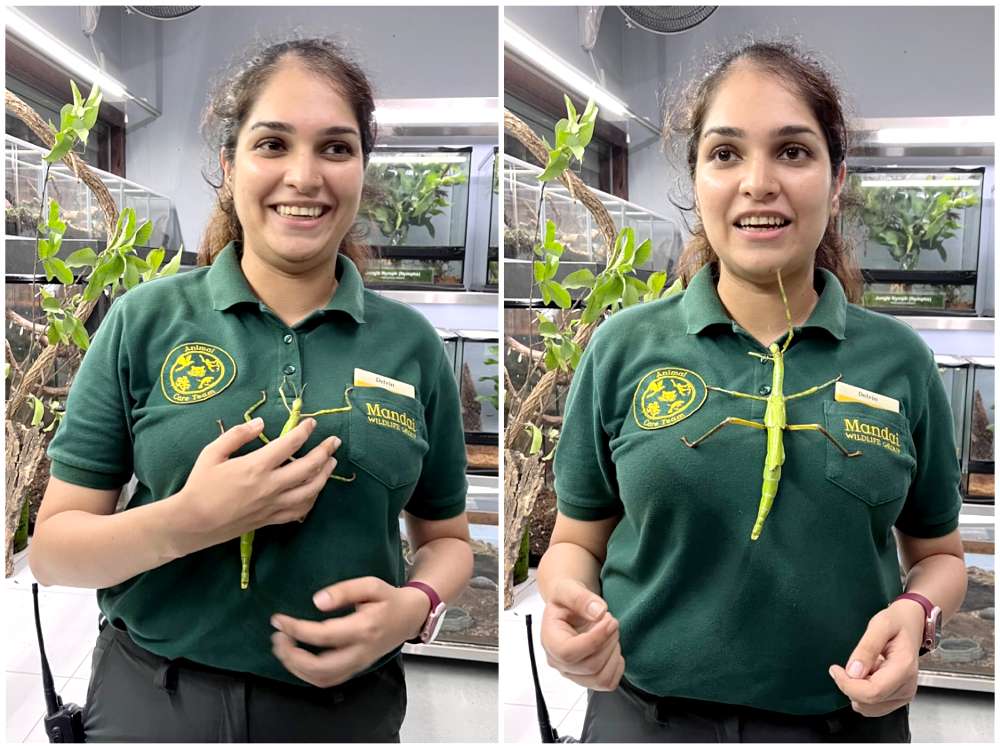 Delvin with one of the Discovery Outpost's many stick insects. | IMAGE: SIM DING EN
Delvin with one of the Discovery Outpost's many stick insects. | IMAGE: SIM DING EN
We want guests to have a hands-on experience - for example, to hold and interact with stick insects - and to overcome any fear they may have towards bugs. Many people are afraid of insects, especially those that fly or are larger and unfamiliar. However, these invertebrates are a natural part of our landscape. Once we learn to appreciate them, we become more comfortable having them around.
It's similar to having caterpillars on our plants at home. If we don't understand their importance, we may want to get rid of them. But when we learn about their life cycle from egg to caterpillar to pupa to butterfly, we develop an interest in observing the entire process. We want people to understand that invertebrates are not only important but also fascinating. If you spot them at home, it becomes a perfect science lesson for kids. These are the aspects we highlight to our guests.
Many people are fascinated by invertebrates but may not know anything about them, and what to do when encountering them in the wild or even at home. Any advice?
Firstly, I wouldn't suggest going outside and touching any of them, especially with pests like cockroaches that carry bacteria. Even I wouldn't touch them! However, you can appreciate them from a safe distance. If you really want to know about a specific species, there are many amateur groups on Facebook where you can share a photo and have members identify it for you.
Invertebrates, such as ladybugs, play vital roles like eating aphids, which can harm plants. Butterflies are pollinators and indicators of the health of forest systems. It is a matter of understanding what roles they play in the ecosystem. and how important they are.
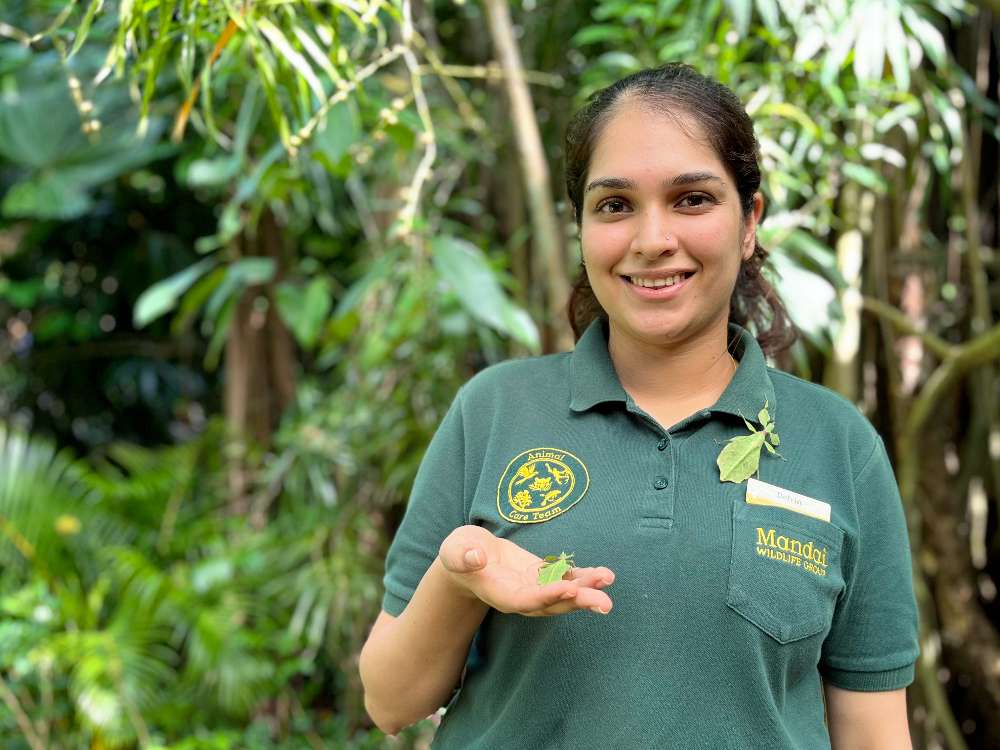 IMAGE: SIM DING EN
IMAGE: SIM DING EN
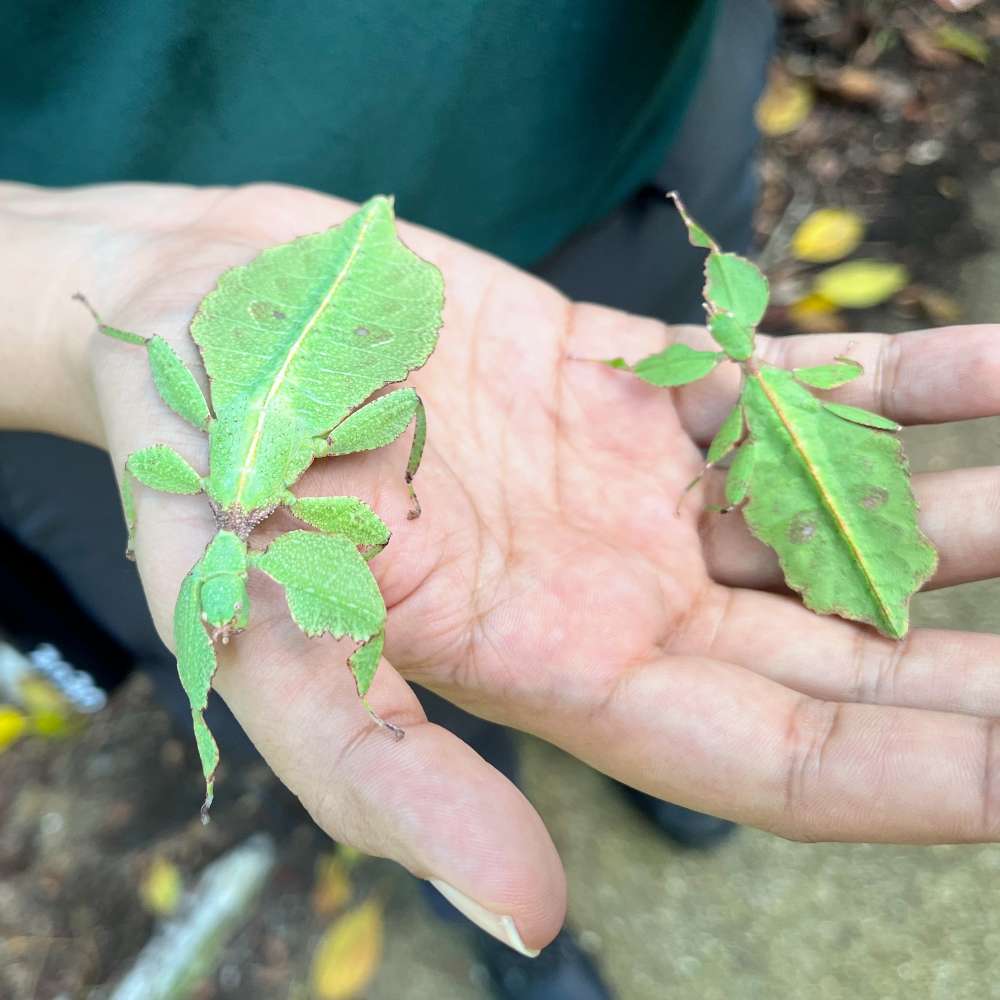 Leaf Insects. | IMAGE: SIM DING EN
Leaf Insects. | IMAGE: SIM DING EN
What are some fun facts about invertebrates that we might not be aware of?
Many invertebrates serve as valuable indicators of ecosystem health. For instance, the presence of dragonflies can indicate good water quality in an area. We closely monitor dragonfly species within the zoo, which helps us assess the quality of our reservoirs and ponds. Similarly, certain butterfly species are exclusive to healthy forests, and their presence signals the well-being of the habitat.
There are several monitoring programmes available, such as iNaturalist and NParks' yearly surveys, which everyone is invited to join. NParks provides visual cards displaying different butterfly species for observers to document and share online. It's a fantastic opportunity for anyone to contribute to these local programmes - I’ve done so many in life already! Go and check them out!
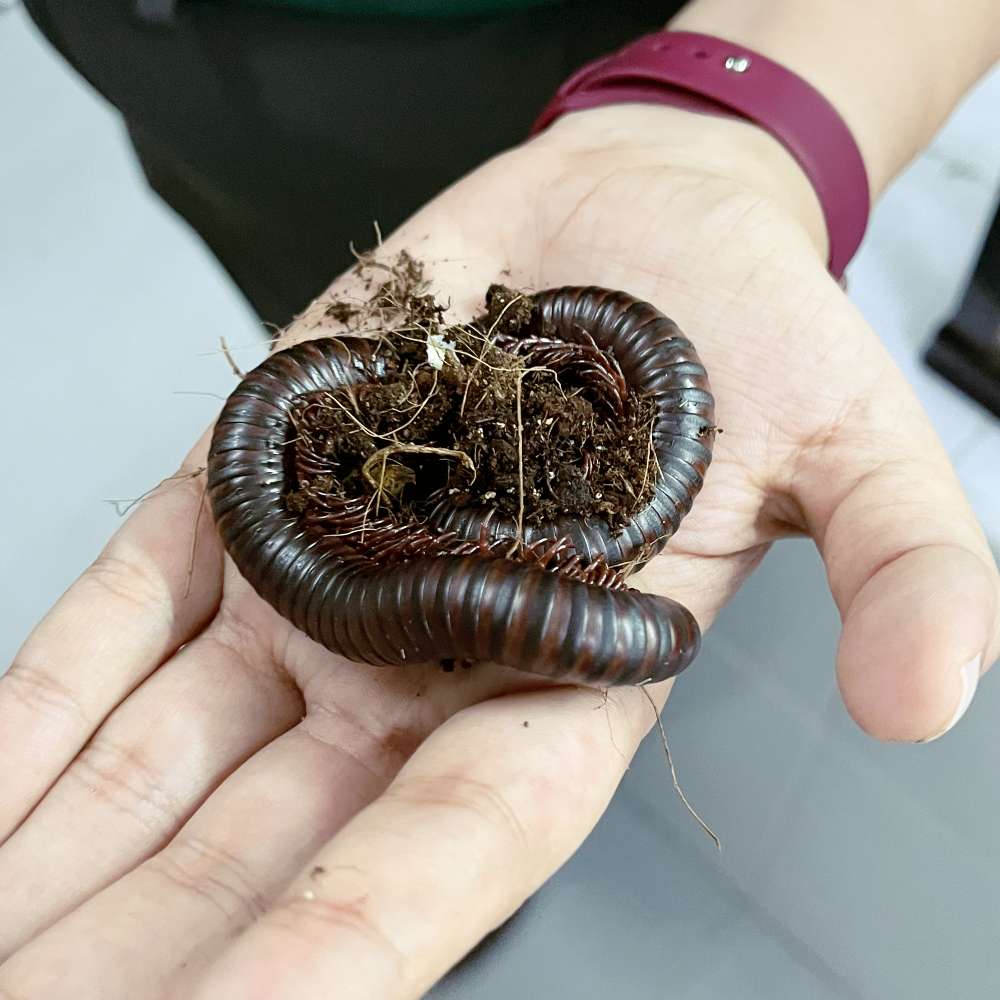 A sizeable millipede. | IMAGE: SIM DING EN
A sizeable millipede. | IMAGE: SIM DING EN
What are some of your most memorable experiences working with invertebrates?
We had a few escape artists! In the early days, our Asian giant centipedes managed to slither out of their tanks and sneak up on us. I'm not a fan of giant centipedes 😂
There are nicer stories, like hatching a new invertebrate. Some species arrive with little to no information on how to breed them, so it’s all trial and error. For example, we have a species of dragon-headed katydids that lay their eggs inside a banana trunk, which has antibacterial properties that benefit the eggs.
Having something hatch is amazing. We have animals giving birth at the zoo almost every week, but we have hundreds of eggs hatching in the invertebrates section daily.
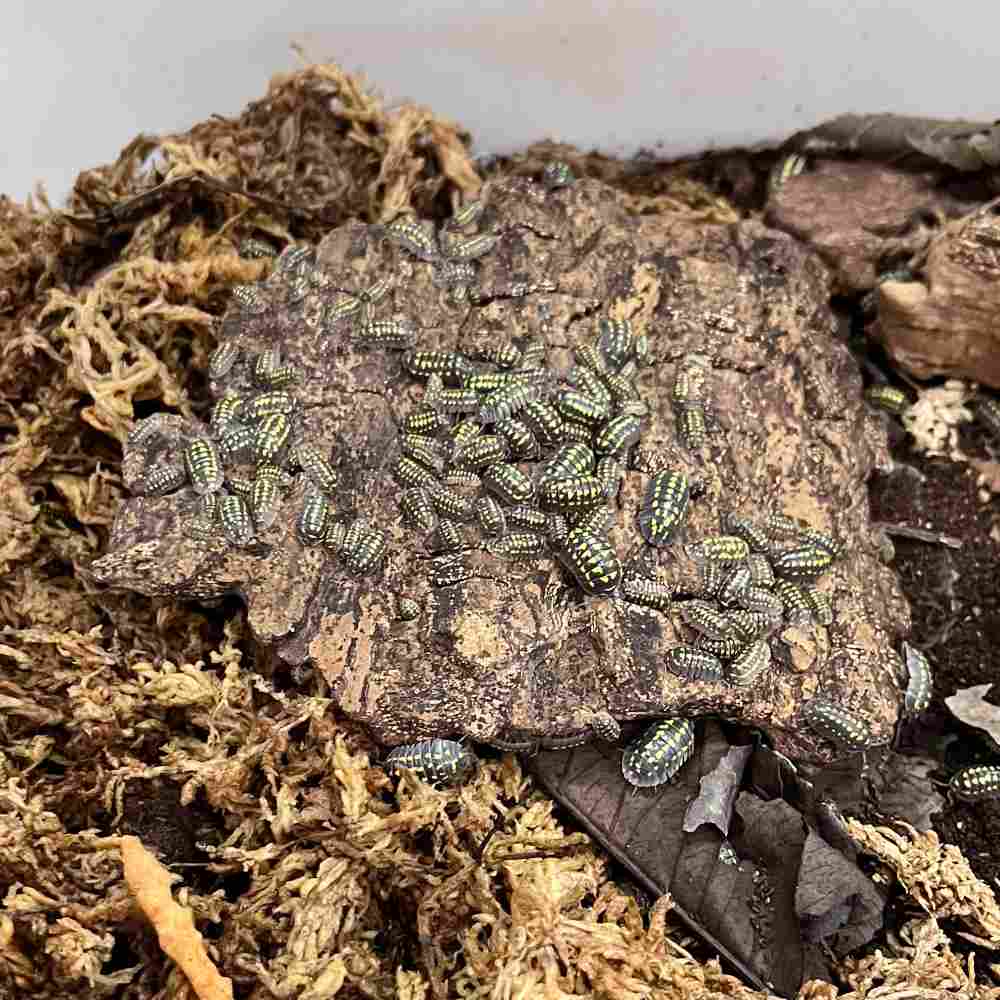 Isopods. | IMAGE: SIM DING EN
Isopods. | IMAGE: SIM DING EN
What advice would you give someone aspiring to pursue a career like yours?
Our zoo has a dedicated volunteer programme, and you can sign up on our website. I've seen a lot of volunteers who come in, and it changed their world. Give it a try for a week or a month to see if it resonates with you before committing to a career or pursuing further studies in life sciences or zoology. If you want to work with animals, then be a volunteer first. It’s a good experience!
For the latest updates on Wonderwall.sg, be sure to follow us on Facebook, Instagram and Telegram. If you have a story idea for us, email us at [email protected].
